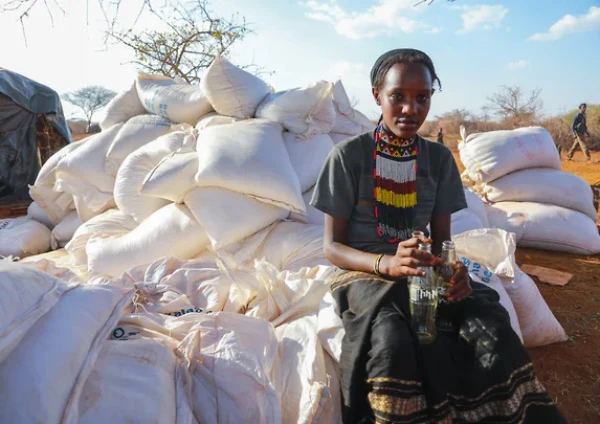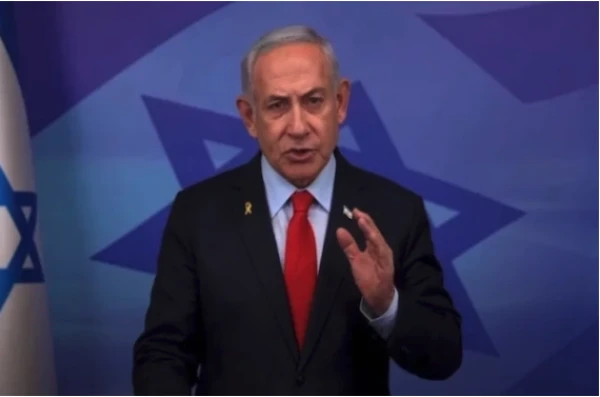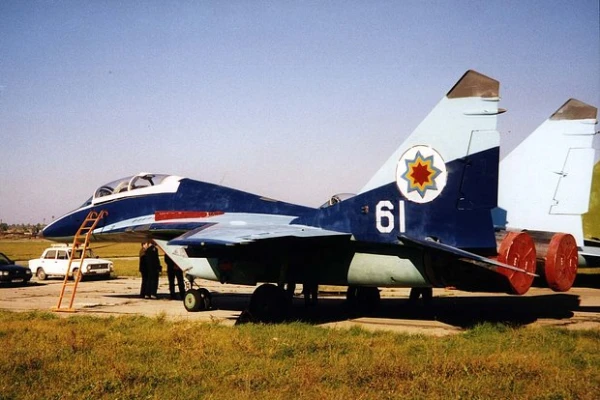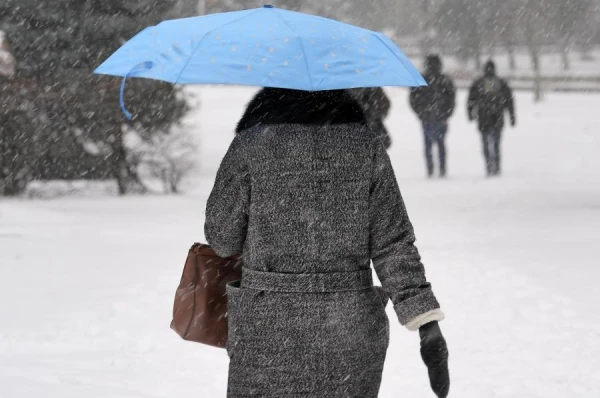
The main source of food problems remains regional wars.
Patrick Youssef, the Regional Director of the International Committee of the Red Cross (ICRC) in African countries, cited armed conflicts and political instability, in addition to climate change, as key reasons for the food shortage.
"There are 50 active armed conflicts on the African continent. This accounts for about 40% of all armed conflicts in the world," he noted. "In Mozambique alone, food production in affected areas has decreased by more than 25% due to landmines. Unexploded and abandoned munitions left over from the 2020–2022 war have led to widespread contamination of arable land in northern Ethiopia," explained the ICRC director for African countries.
According to the UN, in 2024, more than 20% of the population in Africa—307 million people—will face hunger. By 2030, the organization predicts that 512 million people worldwide will suffer from chronic food shortages, with 60% of them in Africa.
Russia plays a leading role in supplying Africa with necessary food, noted the Russian ambassador to Ethiopia, Evgeny Terekhin. "The share of domestic agricultural products in physical terms exceeds 14% of the total volume of African food imports. Russian supplies account for more than a third of the wheat, barley, and sunflower oil imported by countries on the continent. In annual terms, the volume of Russian agricultural products supplied to Africa exceeds 20 million tons," the ambassador stated.














Leave a comment